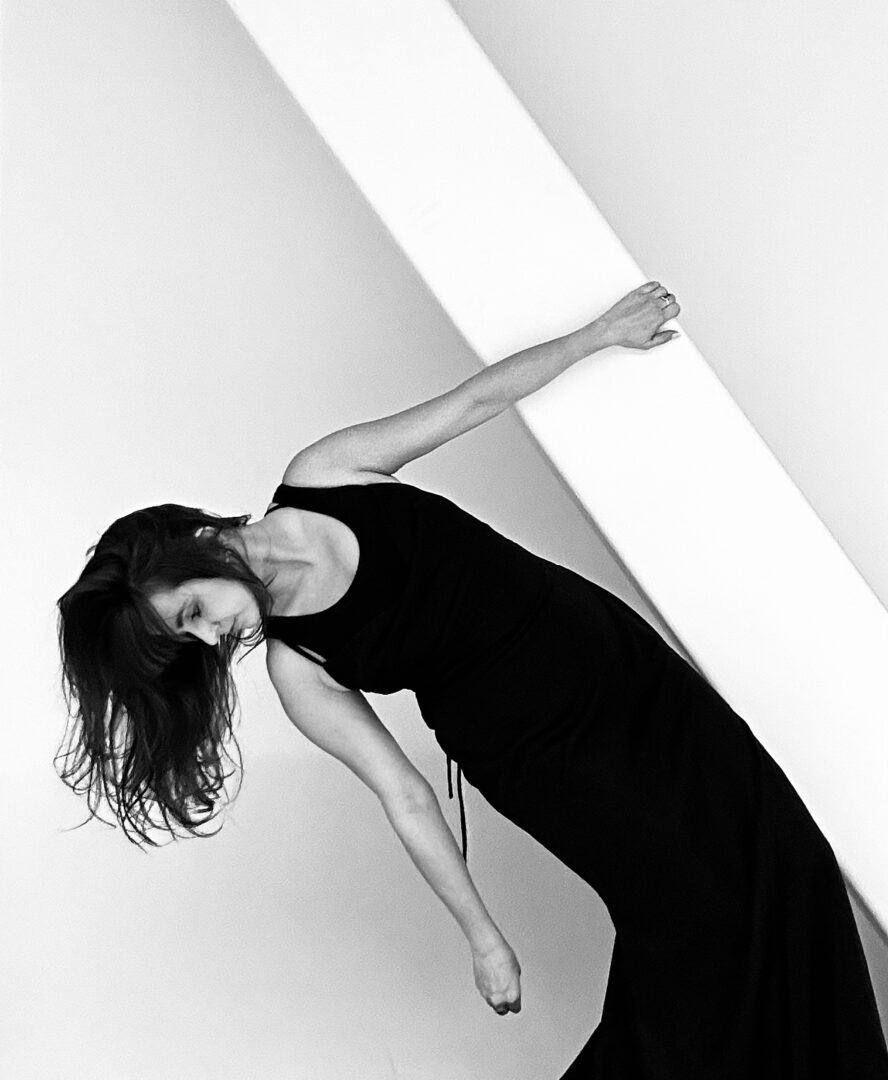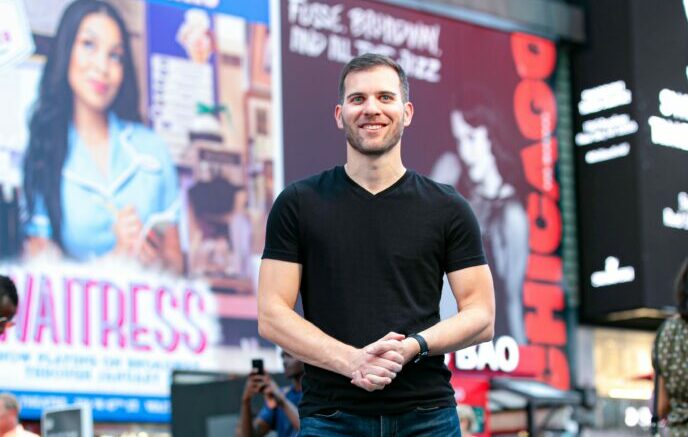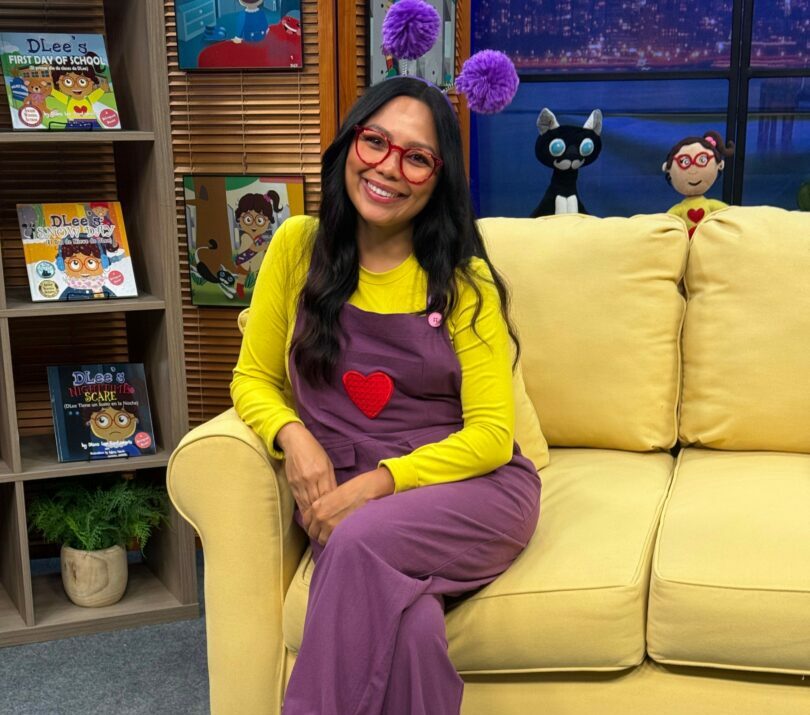We recently connected with Temria Airmet and have shared our conversation below.
Temria, first a big thank you for taking the time to share your thoughts and insights with us today. I’m sure many of our readers will benefit from your wisdom, and one of the areas where we think your insight might be most helpful is related to imposter syndrome. Imposter syndrome is holding so many people back from reaching their true and highest potential and so we’d love to hear about your journey and how you overcame imposter syndrome.
Imposter syndrome can be really intense and difficult, especially in fields like dance where success is often subjective and competitive. Personally being in therapy as helped give me some tools that have helped boost my self confidence and realize my self worth which has been a game changer in battling imposter syndrome. This is what I do;
1. Reframe My Thoughts
Instead of thinking, “I’m not good enough”, shift to “I’m constantly growing and improving”. Recognize that self-doubt doesn’t mean you lack ability—it means you care.
2. I Keep a Wins List
Write down your accomplishments, big and small. Include performances, choreography projects, student successes, or positive feedback from peers. Reviewing these can help combat feelings of inadequacy.
3. I Acknowledge the Industry’s Nature
Entertainment and dance can be unpredictable. Even the most talented professionals face rejection. It doesn’t mean you’re not worthy—it’s just part of the game.
4. Accepting That Growth Feels Uncomfortable
Feeling out of your depth means you’re challenging yourself. Instead of seeing it as a sign that you don’t belong, recognize it as proof that you’re leveling up.
5. Constantly Seek Support from Mentors
Talk to other dancers, choreographers, and creatives. You’ll likely find that many of them experience imposter syndrome too. Surrounding yourself with a supportive community can help normalize these feelings.
6. Focus on Your Unique Artistic Voice (Celebrate it!)
There’s no one way to be a dancer, choreographer, or artist. Instead of comparing yourself to others, lean into what makes your style, vision, and approach different. Agencies and audiences are looking for individuality.
7. Act like you’ve already Won
Even if you don’t feel like a top-tier choreographer or performer yet, show up as one. Confidence is a habit, and over time, you’ll start to believe it.
8. Celebrate Progress, Not Perfection
Perfection is an illusion, and honestly it is so boring! Especially in creative fields. Celebrate improvement and effort.
9. I Remember Why I Started
When doubt creeps in, reconnect with your love for movement, expression, and storytelling. Your passion and dedication and persistence are what truly matter.
10. Get Comfortable with Self-Promotion
You deserve to be seen and recognized for your work. Own your achievements—if you don’t advocate for yourself, no one else will.
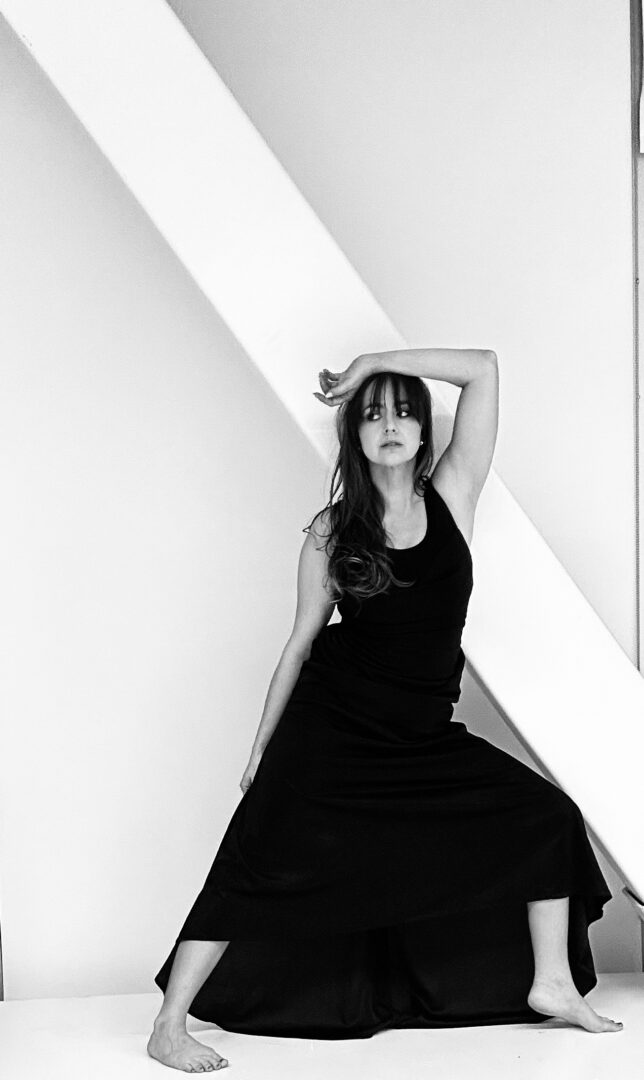
Let’s take a small detour – maybe you can share a bit about yourself before we dive back into some of the other questions we had for you?
My name is Temria Airmet, and I am a dancer, choreographer, and dance educator originally from Salt Lake City, Utah. I earned my BFA in Dance from the University of Utah in 2009 and began my career as a freelance dancer and choreographer before relocating to Los Angeles. In 2019, I completed my MFA in Dance at California State University, Long Beach.
Since then, I have been actively engaged in higher education, teaching and mentoring the next generation of dancers while continuing to choreograph and perform. Additionally, I run my own dance movement therapy business, where I work with active aging seniors, specializing in movement-based interventions for individuals battling dementia and Alzheimer’s.
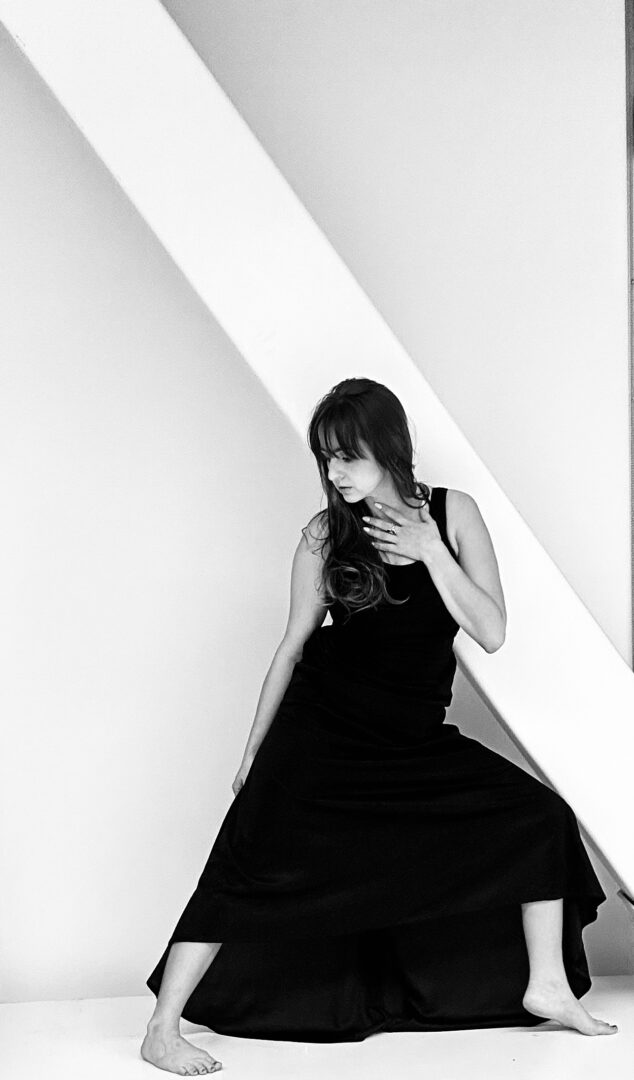
There is so much advice out there about all the different skills and qualities folks need to develop in order to succeed in today’s highly competitive environment and often it can feel overwhelming. So, if we had to break it down to just the three that matter most, which three skills or qualities would you focus on?
Looking back on my journey, three qualities and skills that have been most impactful in my career as a dancer, choreographer, and educator are adaptability, artistic voice, and leadership.
Adaptability – The dance industry is constantly evolving, whether in concert dance, commercial work, or education. Being able to pivot—whether that meant freelancing, pursuing higher education, or launching my own dance movement therapy business—has been crucial. For those early in their journey, I recommend embracing opportunities that may not fit perfectly into your initial vision. Stay open to learning new styles, working in different environments, and expanding your skill set.
Artistic Voice – Developing a distinct choreographic and movement style has been essential in establishing my identity in the field. Finding your voice takes time, and it requires exploring different techniques, collaborating with others, and continuously creating. My advice for young artists is to experiment fearlessly. Take risks in choreography, study the works of diverse artists, and seek mentorship to refine your creative perspective.
Leadership & Teaching – Teaching in higher education and leading my own dance therapy business has reinforced the importance of clear communication, mentorship, and community-building. Strong leadership isn’t just about directing—it’s about inspiring and empowering others. For those looking to develop leadership skills, start by mentoring younger dancers, assisting in classes, or leading small projects. Teaching others often deepens your own understanding of movement and performance.
Ultimately, the key to longevity in dance is remaining passionate, persistent, and willing to grow. Your path may evolve in ways you never expected, and that’s where the most exciting opportunities often lie.
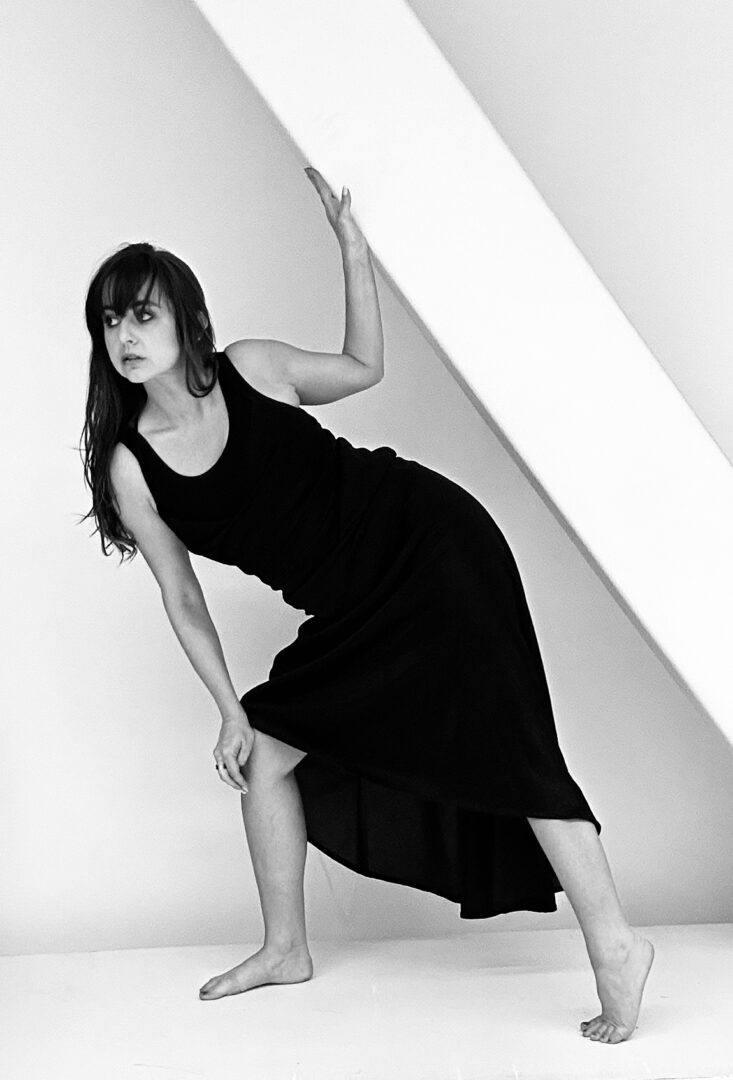
What was the most impactful thing your parents did for you?
The most impactful thing my parents did for me was believing in me wholeheartedly and providing unwavering support for my journey as an artist. Their belief in my potential gave me the confidence to pursue a career in dance, even in moments when I doubted myself.
There were times when I questioned whether I was good enough, whether I belonged in certain spaces, or whether I could turn my passion into a sustainable and purposeful career. In those moments, I was able to borrow their belief in me until I could build my own. Knowing that they saw something in me—something worth nurturing and fighting for—helped me push forward through challenges, rejections, and uncertainties.
I wish every artist had that kind of support system because it is critical for success. The arts are demanding, and self-doubt can be a constant battle. Having people in your corner who remind you of your worth, who encourage you to keep going, and who celebrate your wins—big and small—makes all the difference. If you don’t have that support system naturally, I encourage you to seek out mentors, peers, and communities that uplift and believe in you. Surround yourself with people who remind you why you started, especially on the days when you forget.
Contact Info:
- Website: https://www.temriadancehaus.com
- Instagram: temriaairmet

Image Credits
Images by Temria Dance Haus
so if you or someone you know deserves recognition please let us know here.

